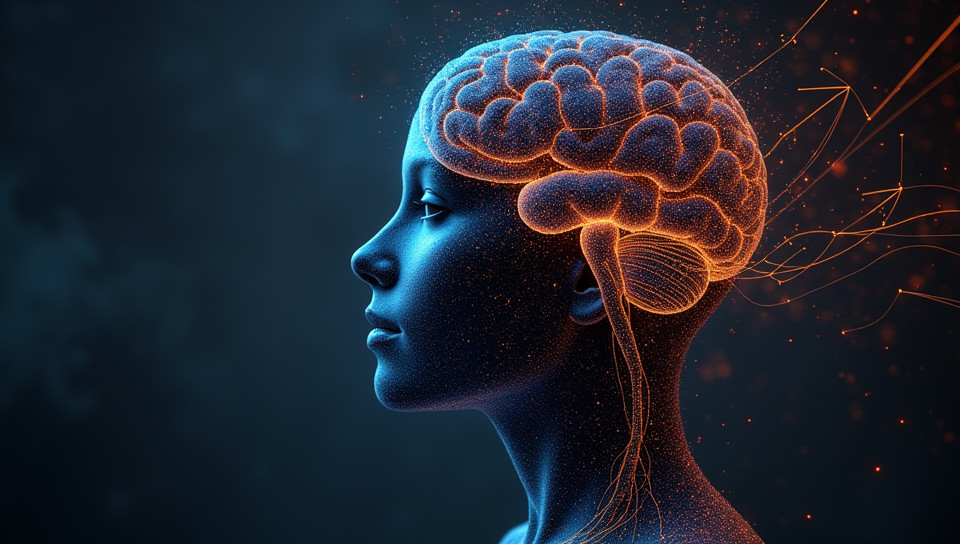Research on music cognition helps understand human perception 77%

The Symphony of Perception: How Music Cognition Unlocks Human Understanding
Have you ever found yourself humming a tune, only to suddenly recall a memory from years ago? Or perhaps you've noticed how certain songs can evoke strong emotions, making you feel nostalgic or energized? This phenomenon is not unique to individuals; music has long been recognized as a powerful tool for understanding human perception. Research in music cognition has shed light on the intricate relationships between sound, emotion, and cognition, providing valuable insights into the complexities of human experience.
The Science Behind Music Cognition
Music cognition is an interdisciplinary field that combines psychology, neuroscience, and musicology to study how we process and perceive music. By examining the neural mechanisms underlying music perception, researchers have discovered that our brains are wired to respond to music in a unique way. For instance:
- Our brains process music in a hierarchical manner, with basic auditory features like pitch and rhythm being processed before more complex emotional and cognitive associations.
- Music evokes strong emotional responses due to its ability to activate the brain's reward system, releasing dopamine and endorphins that reinforce pleasurable experiences.
- Musical expertise can actually change the way our brains are organized, with experienced musicians showing enhanced neural plasticity and density in areas responsible for music processing.
The Connection Between Music and Emotion
One of the most significant findings in music cognition research is the strong link between music and emotion. Our emotional responses to music are often automatic and involuntary, yet they can have a profound impact on our mood and behavior. Studies have shown that:
- Music can influence our emotional state by altering our brain's default mode network (DMN), which is responsible for self-referential thinking and introspection.
- The emotional intensity of music is closely tied to its melodic and harmonic complexity, with more complex structures eliciting stronger emotional responses.
- Cultural background and personal experiences play a significant role in shaping our emotional associations with specific types of music.
Implications for Human Perception
The study of music cognition has far-reaching implications for our understanding of human perception. By examining how we process and respond to music, researchers can gain insights into:
- The neural mechanisms underlying complex cognitive processes like attention, memory, and emotion regulation.
- The impact of cultural and environmental factors on cognitive development and behavior.
- The potential therapeutic applications of music in treating neurological disorders, such as Alzheimer's disease and Parkinson's disease.
Conclusion
Research on music cognition has revolutionized our understanding of human perception, revealing the intricate relationships between sound, emotion, and cognition. By continuing to explore the complexities of music processing, we can gain a deeper appreciation for the multifaceted nature of human experience. Ultimately, this knowledge can inform novel approaches to education, therapy, and art-making, enriching our lives and fostering a greater understanding of ourselves and others.
- Created by: Sōma Nishimura
- Created at: Nov. 15, 2024, 1:29 p.m.
- ID: 15988
